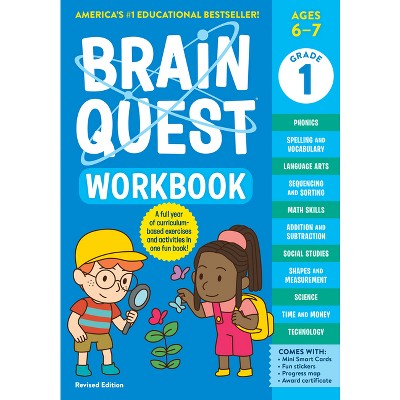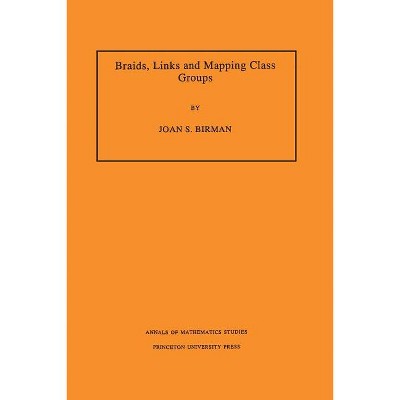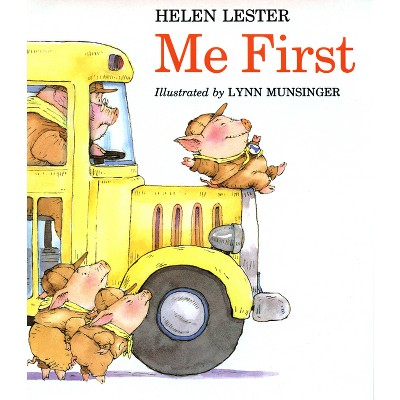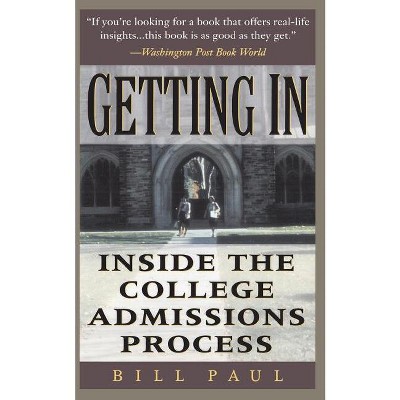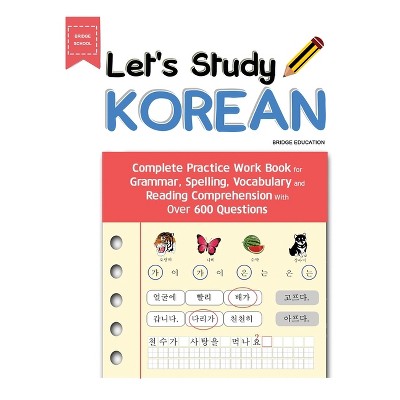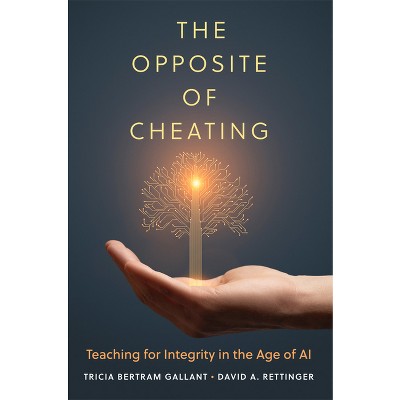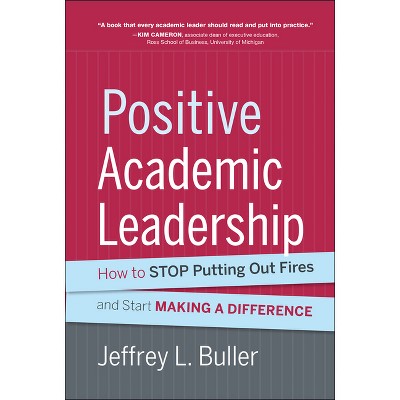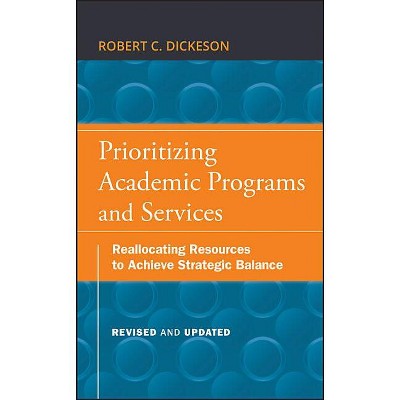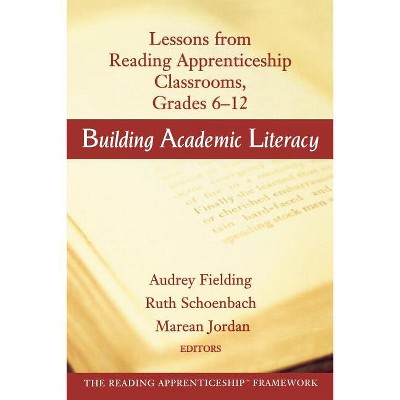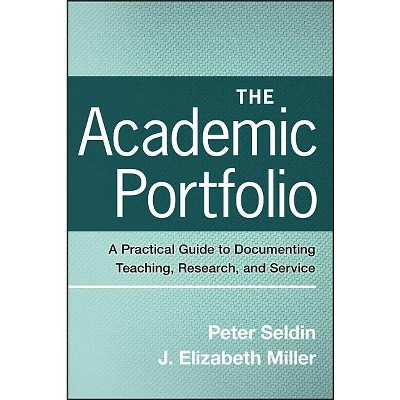Sponsored

Cheating Academic Integrity - by David A Rettinger & Tricia Bertram Gallant (Paperback)
In Stock
Sponsored
About this item
Highlights
- Practical and insightful solutions to the growing problem of academic dishonesty In Cheating Academic Integrity: Lessons from 30 Years of Research, a team of renowned academic integrity experts delivers revealing and practicing insights into the causes of--and solutions to--academic cheating by students.
- About the Author: DAVID A. RETTINGER, PhD, is Professor of Psychological Science and Director of Academic Integrity Programs at the University of Mary Washington.
- 256 Pages
- Education, Administration
Description
About the Book
"Why do students cheat, and what can we do about it? This question has risen to the top of mind for everyone involved in higher education. A precipitous rise in academic misconduct has been reported in the industry press, newspapers, and television, leaving many to wonder what exactly has changed so dramatically. This book, an edited volume of research from experts across all academic disciplines, provides an overview of some of the most important topics and trends in academic integrity research with a focus on teaching, classrooms, and faculty behavior. The editors bring together some of the best-known and most influential researchers in academic integrity from disciplines such as education, psychology, and computer science to review the state of the field given the past 30 years of scholarship and to provide a glimpse into the future of the field. The book will consist of an introduction to the field, including some history, key concepts, and a framing of the huge challenges that cheating poses not just to higher education, but civil society as a whole. Following the introduction will be 5-7 chapters reviewing different aspects of the literature. There will be discussions of "paper mills" and online cheating, the importance of pedagogical changes to reducing cheating, the role of student motivation, and others (listed below). It will conclude with predictions about the future, practical applications of the current literature, and a call to action"--Book Synopsis
Practical and insightful solutions to the growing problem of academic dishonesty
In Cheating Academic Integrity: Lessons from 30 Years of Research, a team of renowned academic integrity experts delivers revealing and practicing insights into the causes of--and solutions to--academic cheating by students. This edited volume combines leading research from an interdisciplinary group of scholars, offering readers an overview of the most important topics and trends in academic integrity research.
The book focuses on teaching, classrooms, and faculty behavior and offers a glimpse into the future of this rapidly developing field. Readers will also find:
- Discussions of the newest forms of cheating, including online "contract cheating" and "paper mills" and the methods used to combat them
- Explorations of the prevalence of cheating and plagiarism between 1990 and 2020
- Psychological perspectives on the student motivations underlying academic integrity violations
- Teaching and learning approaches to reduce academic misconduct in both online and in-person courses
A must-read resource for administrators, leaders, and policymakers involved with higher education, Cheating Academic Integrity also belongs on the bookshelves of school administrators-in-training and others preparing for a career in education.
From the Back Cover
DISCOVER THE CAUSES OF--AND MOST INNOVATIVE SOLUTIONS TO--ACADEMIC CHEATING AND PLAGIARISM
"Cheating Academic Integrity chronicles advances in academic integrity research and practice over the past thirty years from a variety of global perspectives, and prepares us for what to expect in the coming decades. This book is essential reading for academic integrity scholars, administrators, and higher education professionals."
--SARAH ELAINE EATON, University of Calgary
"This is a must-read for all those who want to develop effective data-informed academic integrity policies. Cheating Academic Integrity provides practical advice with a thorough review of the literature, written by leading experts in the field who answer questions from why students choose to cheat, how has technology impacted the availability of information and the detection of cheating, how our academic policies on this issue can lead to inequities, and how to reconsider a teaching and learning focus when developing strategies, pedagogies, and assessments that lead to a mindset that promotes academic integrity on your campus."
--BETH M. SCHWARTZ, Provost at Endicott College
In Cheating Academic Integrity: Lessons from 30 Years of Research, a team of internationally recognized academic integrity researchers delivers an eye-opening and insightful exploration of the causes of--and solutions to--academic cheating by students. This edited volume presents works that focus on teaching, classrooms, and faculty behavior, along with examinations of the newest forms of cheating, like online "contract cheating" and "paper mills." It also discusses commonly employed and innovative methods for combating academic cheating.
An essential resource for educators, administrators, education policymakers, and other leaders involved in primary, secondary, and post-secondary education, this collection of authoritative contributions will also be of interest to school administrators and teachers-in-training seeking a modern treatment of a perennial challenge in education.
About the Author
DAVID A. RETTINGER, PhD, is Professor of Psychological Science and Director of Academic Integrity Programs at the University of Mary Washington. He currently leads the International Center for Academic Integrity's research efforts and served as its President from 2018-20.
TRICIA BERTRAM GALLANT, PhD, is the author of Academic Integrity in the Twenty-First Century and an internationally recognized expert on integrity and ethics in education. She is the director of academic integrity at UC San Diego and has consulted on academic integrity at institutions around the world.
